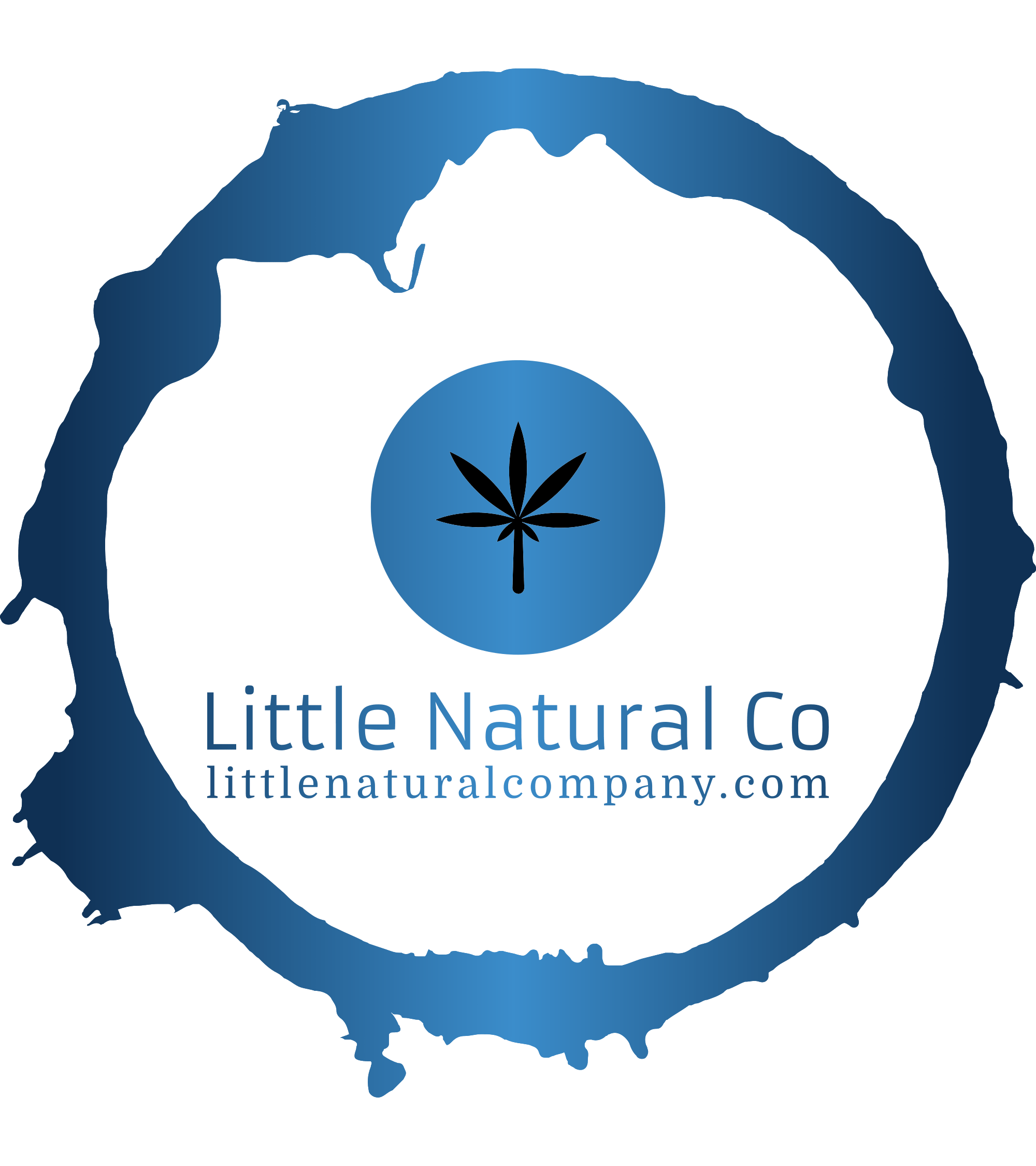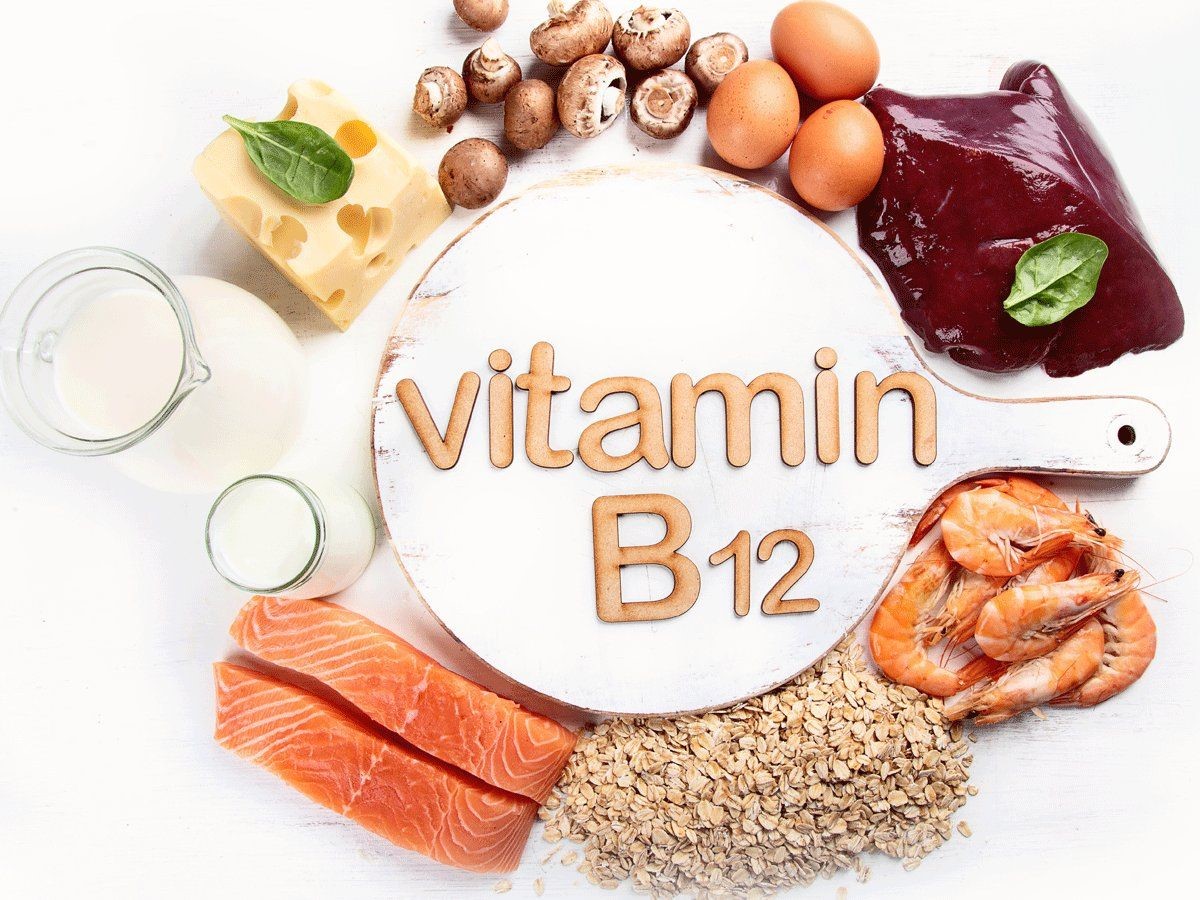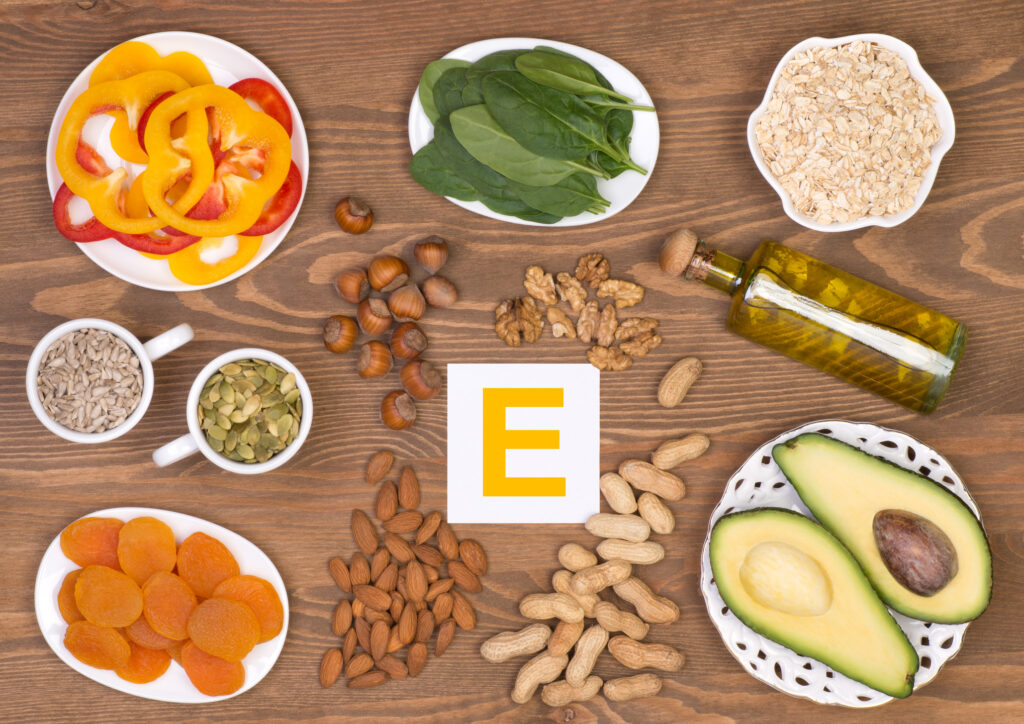Vitamin B12, also known as cobalamin, is a crucial nutrient that plays a vital role in maintaining the health of your nervous system and red blood cells. Despite its importance, many people are unaware of the wide-ranging benefits of this essential vitamin and the potential consequences of deficiency. This comprehensive guide will delve into everything you need to know about Vitamin B12, from its functions and sources to its myriad health benefits.
What is Vitamin B12?
The Basics of Vitamin B12
Vitamin B12 is a water-soluble vitamin that is part of the B-complex group. It is unique among vitamins because it contains cobalt, a mineral, which is where the name cobalamin comes from. Unlike other vitamins, B12 is not produced by plants or animals but is synthesized by bacteria and archaea.
Forms of Vitamin B12
Vitamin B12 exists in several forms, including:
- Cyanocobalamin: The most common form found in supplements and fortified foods.
- Methylcobalamin: The active form in the human body, often used in supplements for its bioavailability.
- Adenosylcobalamin: Another active form in the body, crucial for energy production.
- Hydroxocobalamin: Often used in injections and can be converted to both active forms.
The Importance of Vitamin B12
Role in Red Blood Cell Formation
Vitamin B12 is essential for the production of red blood cells. It helps prevent megaloblastic anemia, a condition characterized by larger-than-normal red blood cells that cannot function properly. This type of anemia can cause fatigue and weakness.
Nervous System Health
B12 is crucial for maintaining the health of your nervous system. It plays a role in the synthesis of myelin, the protective sheath that surrounds nerve fibers. This helps ensure efficient transmission of nerve impulses.
DNA Synthesis
Vitamin B12 is necessary for the synthesis of DNA, the genetic material in all cells. This makes it vital for cell division and growth, impacting every aspect of health from skin renewal to immune function.
Energy Production
B12 is involved in the metabolism of every cell in the body. It helps convert carbohydrates into glucose, which the body uses for energy. Adequate levels of B12 can therefore help reduce fatigue and improve energy levels.
Sources of Vitamin B12
Animal-Based Foods
Vitamin B12 is naturally found in animal products. Key sources include:
- Meat: Beef, pork, lamb, and organ meats like liver and kidney.
- Fish and Shellfish: Salmon, tuna, trout, clams, and sardines.
- Dairy Products: Milk, cheese, and yogurt.
- Eggs: Particularly the yolk.
Fortified Foods
For those following a plant-based diet, fortified foods can be a critical source of B12. These include:
- Plant-based milks: Such as almond, soy, and oat milk.
- Breakfast cereals: Many are fortified with B12.
- Nutritional yeast: Often used as a seasoning and can be fortified with B12.
Supplements
Vitamin B12 supplements are available in various forms, including tablets, capsules, and sublingual (under the tongue) forms. In some cases, B12 injections or nasal sprays may be recommended by healthcare providers for individuals with severe deficiencies.
Health Benefits of Vitamin B12
Supports Bone Health
Studies have shown that low levels of B12 are linked to decreased bone mineral density, which can lead to osteoporosis. Adequate B12 intake is therefore essential for maintaining strong, healthy bones.
Reduces Risk of Birth Defects
Adequate B12 levels are crucial during pregnancy. B12 plays a vital role in fetal brain and nervous system development. Deficiency in pregnant women can lead to birth defects and complications such as neural tube defects.
Improves Mood and Symptoms of Depression
Vitamin B12 is involved in the synthesis of serotonin, a neurotransmitter that affects mood. Low levels of B12 have been associated with depression. Supplementing with B12 can help improve mood and alleviate symptoms of depression in some individuals.
Prevents Memory Loss
Maintaining adequate B12 levels may support cognitive health and prevent memory loss. Some studies suggest that B12, in combination with other B vitamins, can slow cognitive decline in older adults.
Supports Heart Health
Vitamin B12 helps reduce levels of homocysteine, an amino acid linked to an increased risk of heart disease. High levels of homocysteine can damage the lining of arteries and promote blood clots. Adequate B12 intake helps keep homocysteine levels in check, supporting cardiovascular health.
Aids in Healthy Skin, Hair, and Nails
B12 is essential for cell production, which is important for healthy skin, hair, and nails. Deficiency can lead to various dermatologic symptoms, including hyperpigmentation, nail discoloration, hair changes, vitiligo, and angular stomatitis (inflammation and cracks at the corners of the mouth).
Boosts Energy Levels
One of the most well-known benefits of B12 is its role in energy production. Supplementing with B12 can help boost energy levels, particularly in individuals who are deficient in this vitamin.
Vitamin B12 Deficiency
Causes of Deficiency
Vitamin B12 deficiency can result from various factors, including:
- Dietary deficiency: Common in vegans and vegetarians who do not consume fortified foods or supplements.
- Absorption issues: Conditions such as pernicious anemia, Crohn’s disease, and celiac disease can interfere with B12 absorption.
- Age: Older adults are at a higher risk due to decreased stomach acid production, which is necessary for B12 absorption.
- Medications: Certain medications, such as proton pump inhibitors and metformin, can affect B12 absorption.
Symptoms of Deficiency
Symptoms of B12 deficiency can vary but often include:
- Fatigue and weakness
- Pale or jaundiced skin
- Heart palpitations and shortness of breath
- Nerve problems like numbness or tingling
- Difficulty walking
- Cognitive issues, including memory loss
- Mood changes, such as irritability and depression
Diagnosing Deficiency
B12 deficiency is diagnosed through blood tests that measure levels of B12, methylmalonic acid (MMA), and homocysteine. Elevated levels of MMA and homocysteine can indicate a B12 deficiency even if B12 levels appear normal.
Treatment of Deficiency
Treatment typically involves B12 supplements or injections. The form and dosage depend on the severity of the deficiency and the underlying cause. For dietary deficiencies, oral supplements may be sufficient, while severe deficiencies due to absorption issues may require regular injections.
FAQs About Vitamin B12
What are the main symptoms of vitamin B12 deficiency?
The main symptoms of B12 deficiency include fatigue, weakness, pale or jaundiced skin, heart palpitations, shortness of breath, nerve problems like numbness or tingling, difficulty walking, cognitive issues, and mood changes such as irritability and depression.
Who is at risk of vitamin B12 deficiency?
Individuals at risk include vegans and vegetarians, older adults, people with conditions affecting absorption (like Crohn’s disease, celiac disease, or pernicious anemia), and those taking certain medications such as proton pump inhibitors and metformin.
How can I increase my vitamin B12 intake?
You can increase your B12 intake by consuming more animal-based foods like meat, fish, dairy, and eggs. If you follow a plant-based diet, look for fortified foods such as plant-based milks and breakfast cereals, or consider taking a B12 supplement.
Can you get too much vitamin B12?
Vitamin B12 has a low potential for toxicity because it is water-soluble and excess amounts are excreted in urine. However, very high doses can cause some side effects, such as acne or rosacea in some individuals.
How is vitamin B12 deficiency treated?
B12 deficiency is treated with supplements or injections, depending on the severity and cause of the deficiency. Dietary deficiencies may be addressed with oral supplements, while absorption issues may require regular injections.
What is the best form of vitamin B12 supplement?
The best form of B12 supplement depends on individual needs. Methylcobalamin is a bioavailable form that is often recommended, while cyanocobalamin is the most common form found in supplements and is effective for most people.
How does vitamin B12 support energy production?
Vitamin B12 helps convert carbohydrates into glucose, which is used by the body for energy. It is involved in the metabolism of every cell in the body, making it crucial for energy production.
Are there any side effects of taking vitamin B12 supplements?
Vitamin B12 supplements are generally safe, but some people may experience side effects such as mild diarrhea, itching, or a rash. Very high doses may cause acne or rosacea in some individuals.
How long does it take to correct a vitamin B12 deficiency?
The time it takes to correct a B12 deficiency depends on the severity and the treatment method. Improvements in symptoms can be seen within days to weeks, but it may take several months of supplementation or injections to fully replenish B12 levels.
Can vitamin B12 help with depression and mood disorders?
Vitamin B12 is involved in the synthesis of serotonin, a neurotransmitter that affects mood. Low levels of B12 have been associated with depression, and supplementing with B12 can help improve mood and alleviate symptoms of depression in some individuals.
Conclusion
Vitamin B12 is an essential nutrient with a wide range of benefits, from supporting red blood cell formation and nervous system health to boosting energy levels and maintaining cognitive function. Ensuring adequate B12 intake is crucial for overall health, especially for those at risk of
4o
- Gaunt Face And Cheeks Treatment Near Chertsey, Surrey - May 8, 2025
- Lip Flip Treatment Near Tandridge, Surrey - May 6, 2025
- Dermal Fillers Near Littleton, Surrey - May 6, 2025




